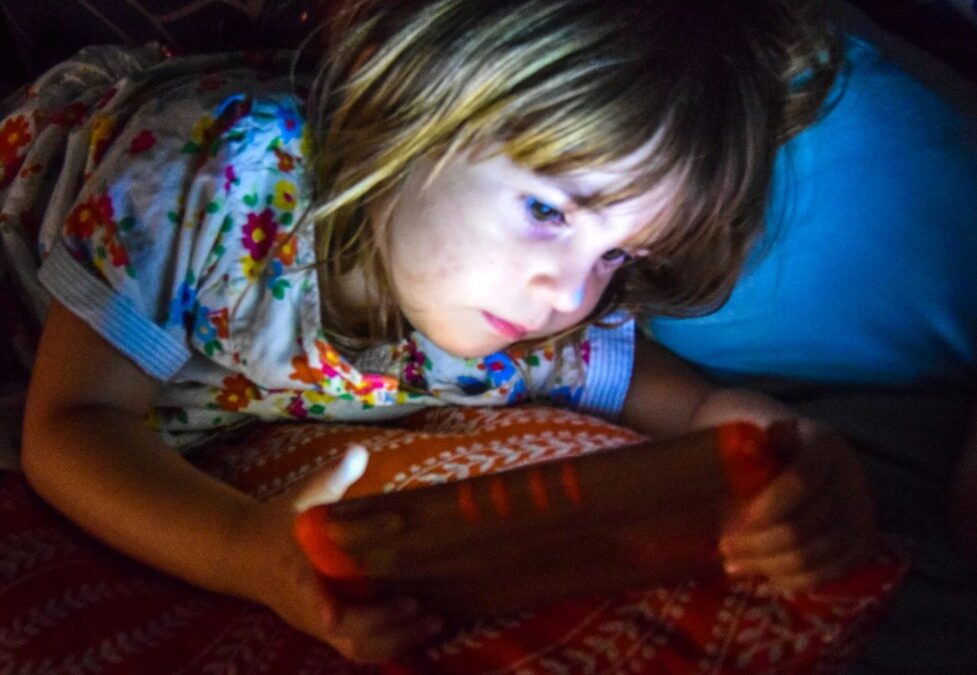As human beings, our survival instincts lead us to avoid pain. While it makes sense to avoid pain in the sense that touching fire would hurt and burn us, we have begun to apply avoiding pain too broadly.
“Pain is inevitable. Suffering is optional.” — Haruki Murakami

There is a big difference between pain and suffering.
When we apply the idea that we should avoid pain too broadly, it has led us to avoiding sadness, anger, disappointment, vulnerability, and more. To avoid pain, oftentimes means to not engage with what is meaningful.
To love, oftentimes means to be sad, angry, disappointed, anxious, and unsure. No matter how secure a relationship is, there will be times when your partner disappoints you, you may be mad at them, or feel sadness when something goes differently than planned. If you were to not open yourself up to the inevitable pain, you would not be vulnerable enough to have a deep close relationship with anyone.
Without acceptance of the fact that pain is inevitable, people tend to be very risk averse.
Wanting to avoid pain may mean that you do not open your own business, buy a house, move across the country, build a family, or even call an old friend. All things in life come with the possibility of pain but we often trick ourselves into believing that if we can control our life enough, we can avoid pain.
In Acceptance and Commitment Therapy, there is a distinction between “clean pain” and “dirty pain”. Clean pain is the pain itself, the discomfort, the emotion that feels uncomfortable. Dirty pain is the feelings about the clean pain, which is where suffering lies.
Have you ever beaten yourself up for feeling disappointed or anxious? Maybe you are nervous to bring up something a friend said that hurt your feelings, and you say to yourself “It is stupid that I am even upset about this” or “Why am I always nervous to be assertive, I am so mad at myself for being anxious about this”. That is dirty pain, your feelings about the initial feeling.
There is freedom in allowing yourself to experience pain and to do so without following it up with judgment about your reaction to pain.
Consider all that you have done in life to avoid pain, what have you missed out on due to this? Consider the times you have experienced pain, how did you react to the fact that you had a reaction to pain, that you experienced pain in the first place? What might your life look like if you opened yourself up to the inevitability of pain and did not judge yourself? Has it been effective to judge your reaction to pain? Has it been effective to avoid or work to get rid of feelings and experiences that are uncomfortable? Has this led to a more meaningful life?
Notice how the world has sold us that the idea that avoiding pain is not only a worthwhile goal, but an attainable one. Going forward, notice what messages you receive from the world about pain and look at it in a new lens given the questions I asked above. I think you may notice the importance of not only knowing that pain is inevitable but allowing yourself to experience it. You are more resilient and capable than you think and living with the knowledge that pain is inevitable will open you up to new experiences and add to your purpose.
If you find yourself struggling with this shift, talk to a therapist about it, explore the concept with your friends or family, do more research on how to live a meaningful life and cope with discomfort.
Our therapists at Orchard Mental Health Group are happy to help you navigate through life’s pain and be more accepting of yourself in the process.
Follow us for more wellness content!
More Blog Posts

Addressing Screen Time’s Impact on Children’s Sleep
In an era where screens are abundant, parents are increasingly concerned about how devices affect their children’s sleep. Poor sleep can impact mood, focus, and overall health, making it a critical issue for child development. Supported by scientific research, this blog explores the psychological effects of screen time on sleep and offers parents compassionate, practical strategies to promote healthier sleep habits.

Building Resilience in Children Facing Academic Pressure
Academic pressure is a growing concern for parents, as children face high expectations from schools, peers, and even themselves. Building resilience—the ability to adapt and thrive despite setbacks—is crucial for children to navigate these demands without sacrificing mental health. Grounded in psychological research, this blog offers parents practical, empathic ways to foster resilience in their children.
In crisis or need immediate help?
Call 988 or go to your nearest ER.
Services
Adolescent Psychotherapy
Adult Psychotherapy
Assessments & Evaluation
Child Psychotherapy
Cognitive Behavioral Therapy
Couples Therapy
Family Therapy & Parent Coaching
Genetic Testing
Group Therapy
Medication Management
Play Therapy
Single-Session Therapy
Teletherapy
Orchard Mental Health Group
Accepted Insurance*
Aetna
Carefirst / Blue Cross Blue Shield
Cigna
Humana / Tricare
Johns Hopkins Health Plans
Medicaid
Medicare
Optum / UnitedHealthcare
*Varies by service
Partner Resources
Contact Us
M-F, 9am-5pm Eastern Time
Phone: 240-750-6467
Fax: 240-912-7835
contact@orchardmentalhealth.com
9707 Key West Avenue, Suite #100 Rockville, MD 20850


